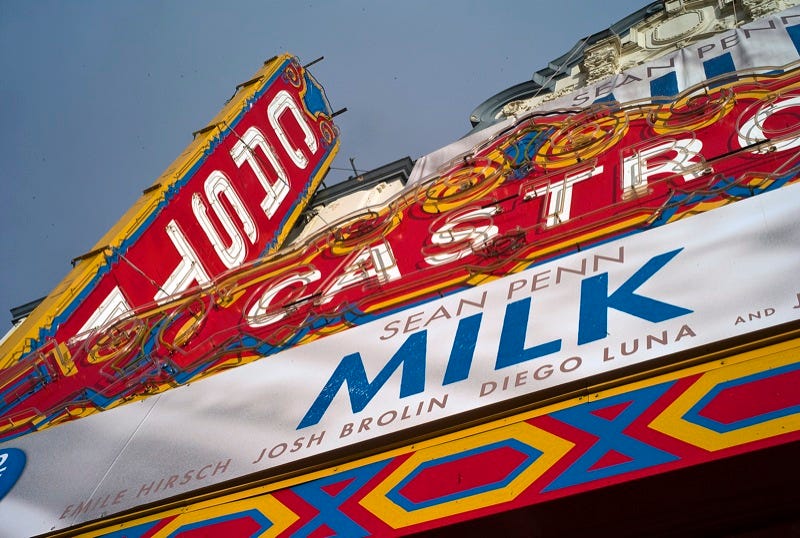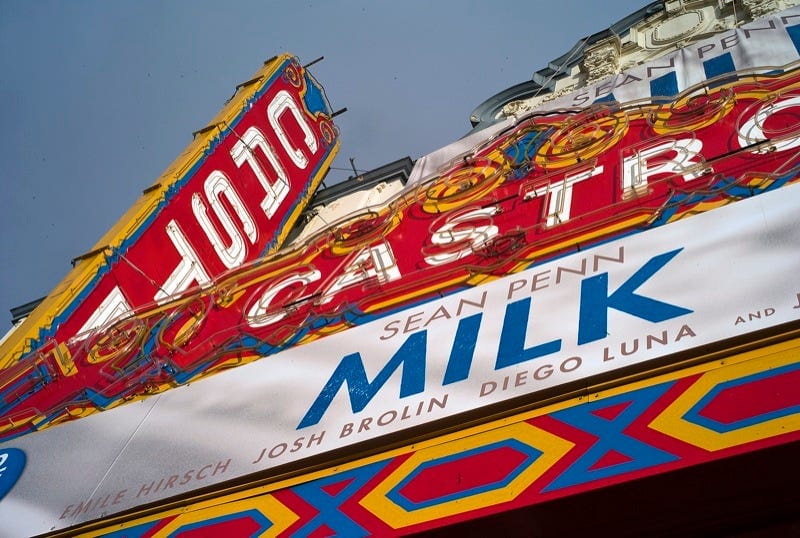
Is it getting easier to be queer nowadays? Yes and no. Now, in 2016, gays and lesbians can marry legally, and marriage equality has allowed many LGBTQ couples to settle into the comfort and apathy of the American dream.
But many in the queer community are far from satisfied with their situation — and understandably so — as I learned when I spoke to LGBTQ people about Pride weekend. I asked people from the Bay Area Queer Exchange Facebook group to share any positive experiences from the parade and direct me to experts who might want to talk about it. The response was a torrential storm of discontent and anger that extended far beyond Pride weekend in June. As one commenter responded:
Are you crazy? Pride is a disgrace. Pride doesn’t bring people together. It’s been taken over by corporations and drunk straight people. People of color can’t feel safe at Pride because of all the police. Trans rights issues at Pride have been forgotten. This is possibly the most naive question I have ever heard.
It went on.
The conversation became so heated that it was eventually deleted by the group moderators and I was banned from the group. When people get this mad about a parade, I thought, there’s something else going on. And indeed, for many LGBTQ people in San Francisco, many injustices have yet to be addressed.
Let’s start with the idea that Pride — and therefore San Francisco — has been “taken over by corporations and straight people,” to paraphrase one commenter. It’s not far from the truth. Many queer people have been displaced because of dramatic rent increases.
The iconic Stud — a beloved gay haunt — almost went out of business last month when the building was sold and the monthly rent increased from $3,800 to $9,500.
A 2015 survey of 1,200 Castro residents found that straight people were moving into the Castro at an unprecedented rate. Of the residents who had lived in the Castro for 10-plus years, 77 percent were gay. The less time that people had lived in the neighborhood , the more that percentage dropped — down to 55 percent for those who had moved there within the last year.
Then there are the bars. The iconic Stud — a beloved gay haunt — almost went out of business last month when the building was sold and the monthly rent more than doubled, from $3,800 to $9,500. Those who wanted to save the bar had to get creative: they formed a co-op and managed to purchase the business.
Other nightlife centers, like the Mission’s lesbian bar the Lexington Club and the Latin gay club Esta Noche, have shuttered as rents went up. Both were replaced by non-queer, conventional bars — the Lex with Wildhawk, “a dark and dramatic lounge for elevated cocktails offered in a space with high style and vintage accents,” and Esta Noche by Bond, “a neighborhood tavern for cocktails, wine and beer in a narrow-but-polished space playing classic rock.”
It’s all part of a dramatic development churn in San Francisco. To put it in perspective: In 1992, 1,300 businesses in the city closed or changed locations. That number grew to 12,800 in 2014, according to a report from the city’s budget and legislative analyst.
Rising rents in San Francisco have affected everyone, and even many middle-class families have been pushed out. But lesbian couples, trans people and LGBTQ people of color are even more vulnerable than other San Franciscans, according to Dr. Ardel Haefele-Thomas, the chair of the LGBT Studies Department at City College of San Francisco.
Indeed, black, Latino, Native American, and Asian LGBTQ people are more likely to be poor than white LGBTQ people, according to a report from the think tank Center for American Progress. While the average unemployment rate for LGBTQ people in the United States is around 8 percent, that number reaches 15 percent for blacks, 14 percent for Latinos, and 11 percent for Asian and Pacific Islanders. For trans people of color, the numbers shoot up as high as 28 percent for Latinos and 34 percent for blacks.
Transgender people in United States are more than three times as likely to have a yearly household income below $10,000 (15 percent versus 4 percent of the general population), according to the Center for American Progress.
Moreover, the numbers are also concerning for lesbians and bisexual women, 24 percent of whom are living in poverty, compared with 19 percent of heterosexual women. Those numbers are increased when the couple is not white. The study found that gay men had poverty levels similar to their heterosexual counterparts: about 13 percent for straights and 15 percent for gays.
In other words, when housing prices went up, gay bars weren’t the only thing to go. Many queers, especially lesbian and transgender people and LGBTQ people of color, have been forced out of their homes, with many moving to the East Bay, Sacramento, or further afield — and some becoming homeless.
At least one in four transgender people has faced discrimination at work, according to a Human Rights Campaign study.
But Haefele-Thomas told me that’s not all there is to it.With the passage of marriage equality, many people feel that the fight for equal rights is over and have stopped being involved in activism and organizing.
Their big fight might be over, but many trans people still face hostile school and work environments and discrimination when they seek housing, employment, health care, credit or identity documents that reflect their gender. At least one in four transgender people has faced discrimination at work, according to a Human Rights Campaign study.
“The people in our community who are socioeconomically disadvantaged, transgender or nonbinary are the people who are not at the political table. I think those folks are feeling left out,” Haefele-Thomas told me.
“I was talking with my friend recently, a gay man who’s been an activist for ages and he was saying [in the wake of marriage equality] ‘Is this the end of LBGT politics?’ And he wasn’t happy about it… I think many people are saying, ‘We have marriage — it’s done.’ And it’s really splitting our community,” Haefele-Thomas said.








